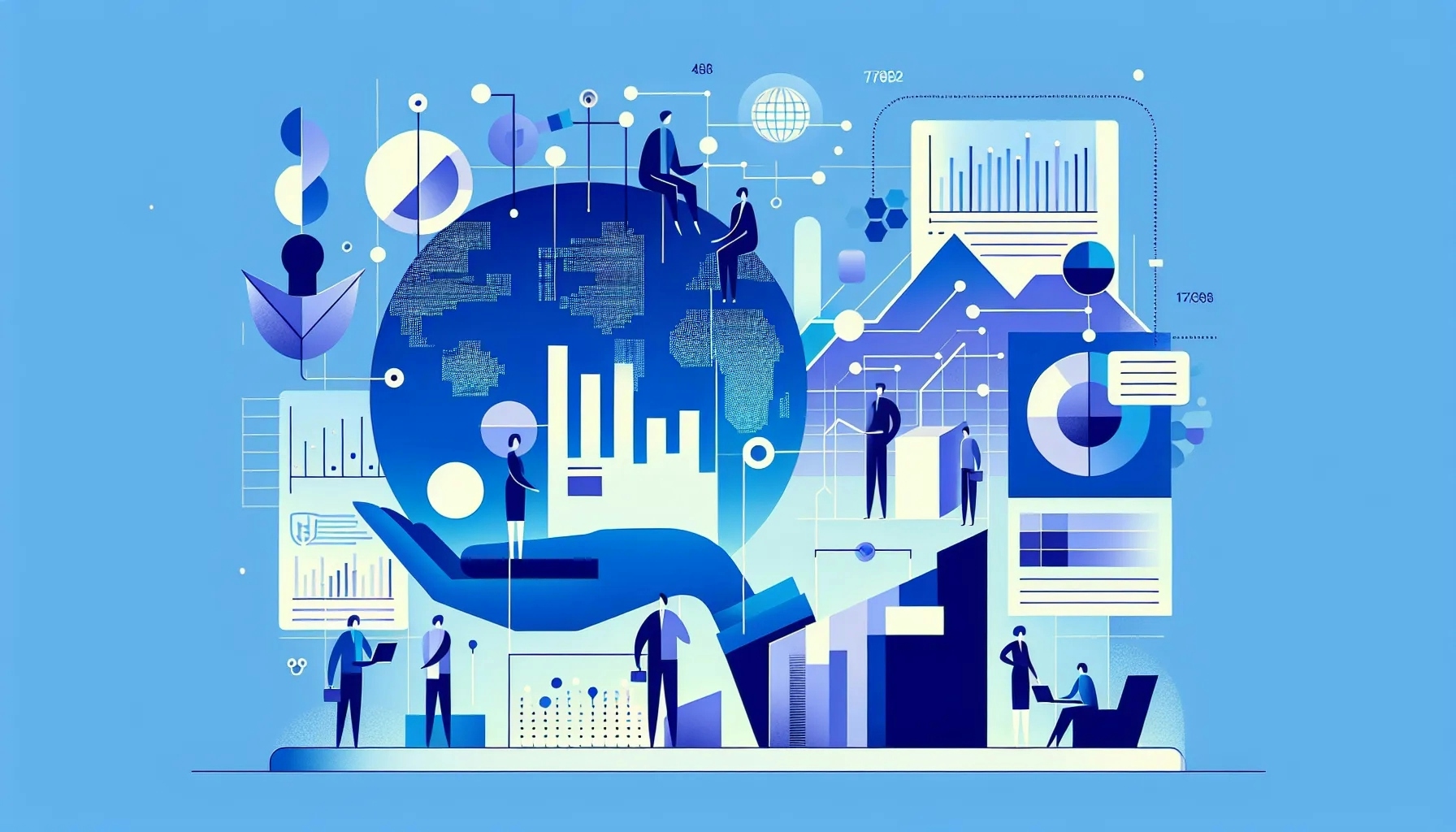In the ever-evolving world of economics, modern economists face a unique set of challenges. These obstacles stem from the rapid pace of technological advancements, global economic shifts, and the increasing complexity of economic systems. This blog post delves into these challenges, offering insights into the struggles and triumphs of today's economists.
The Digital Revolution and Its Impact
The digital revolution has transformed the economic landscape, bringing with it a host of challenges for modern economists. The advent of cryptocurrencies, for instance, has disrupted traditional financial systems, forcing economists to rethink their approaches.
Moreover, the rise of digital economies, such as those seen in online gaming platforms, has created new economic models that economists must understand and analyze. These digital economies operate on different principles, often independent of traditional market forces. Economists must now grapple with these new models, a task that requires a deep understanding of technology and its impact on economic behavior.
In addition, the digital revolution has led to the proliferation of big data. Economists now have access to vast amounts of information, which, while beneficial, also presents its own set of challenges. The sheer volume of data can be overwhelming, and economists must develop effective methods for analyzing and interpreting this information.
Globalization and Economic Interdependence
Globalization has resulted in increased economic interdependence among nations, posing another challenge for modern economists. The global economy is a complex web of interconnected markets, where a single event can have far-reaching impacts. Economists must understand these connections and predict their effects, a task that requires a global perspective and a deep understanding of international economics.
Moreover, globalization has led to the rise of multinational corporations that operate across multiple countries. Economists must analyze the economic impact of these corporations, taking into account their influence on local economies and global economic trends. This requires a nuanced understanding of corporate economics and the ability to analyze complex economic data.
Climate Change and Sustainable Economics
Climate change poses a significant challenge for modern economists. As the world grapples with the effects of climate change, economists must develop sustainable economic models that take into account environmental impacts. This requires a shift in traditional economic thinking, which often prioritizes growth over sustainability.
Economists must also consider the economic impact of climate change, including the cost of environmental damage and the economic benefits of sustainable practices. This requires a deep understanding of environmental economics and the ability to balance economic growth with sustainability.
Income Inequality and Economic Disparity
Income inequality is a pressing issue that modern economists must address. The growing economic disparity between the rich and the poor has significant economic implications, affecting economic growth and stability. Economists must understand the causes of this inequality and develop strategies to address it.
Moreover, economists must consider the impact of economic policies on income distribution. Policies that favor the wealthy can exacerbate income inequality, while policies that support the poor can help reduce it. Economists must analyze the effects of these policies and advocate for those that promote economic equality.
The Challenge of Predicting Economic Trends
Predicting economic trends is a key task for economists, but it is also one of the most challenging. The economy is influenced by a myriad of factors, from political events to technological advancements, making predictions difficult. Economists must develop effective models for predicting economic trends, a task that requires a deep understanding of economic theory and the ability to analyze complex data.
Moreover, economists must constantly update their models to reflect changing economic conditions. This requires a flexible approach and the ability to adapt to new information. Economists must also communicate their predictions effectively, ensuring that policymakers and the public understand the potential economic impacts of future events.
The Role of Economists in Policy Making
Economists play a crucial role in policy making, providing insights into economic trends and advising on economic policies. However, this role also presents its own set of challenges. Economists must navigate the political landscape, advocating for sound economic policies while dealing with political pressures.
Moreover, economists must communicate complex economic concepts in a way that policymakers and the public can understand. This requires excellent communication skills and the ability to translate complex economic data into clear, actionable information.
Overcoming the Challenges: The Way Forward for Modern Economists
Modern economists face a myriad of challenges, from the digital revolution to income inequality. However, these challenges also present opportunities for innovation and growth. By embracing these challenges and developing new approaches, economists can help shape a more sustainable and equitable economic future.

